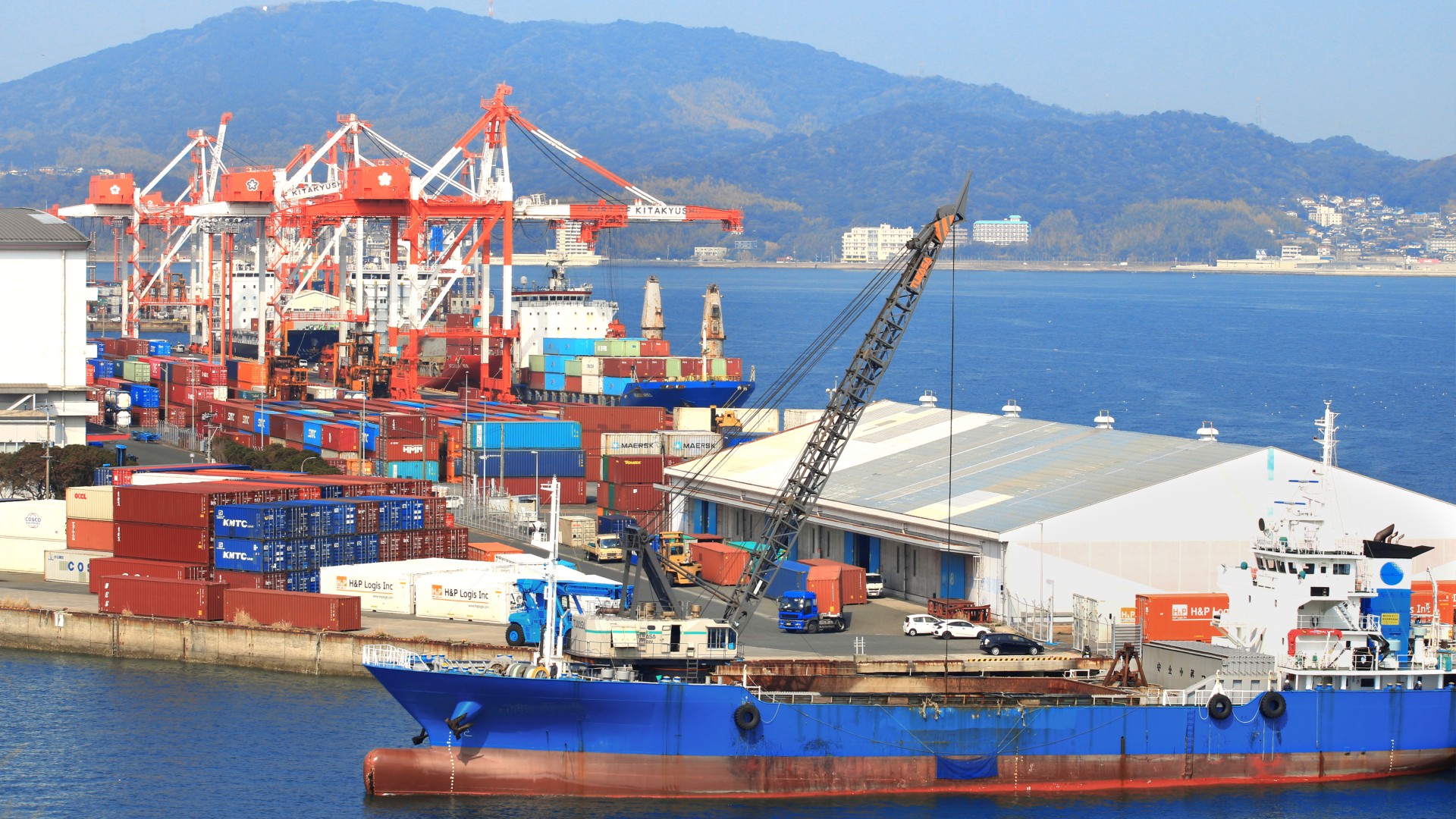April 6, 2023
Pacific Food Trade Database supports food system sustainability
New database developed by ANCORS researchers and regional partners will assist future policy and decision making
Researchers from the University of Wollongong (UOW) based Australian National Centre for Ocean Resources and Security (ANCORS), led by food systems senior research fellow Dr Tom Brewer, have developed the Pacific Food Trade Database to assist regional analysis and decision making.
Food security, nutrition and sustainable agriculture are one of the UN’s Sustainable Development Goals, and are central to a healthy future for Pacific Island countries and territories.
Understanding the Pacific Food System is integral to making informed decisions around food production, distribution, and consumption.
Dr Brewer said that food systems thinking is essential to addressing the food and nutrition security challenges that many Pacific countries face today, and which will potentially worsen as the effects of climate change set in.
“In simple terms, a food system is that set of interacting elements and outcomes that describe the production, processing, trade, and consumption of food. Food systems are complex and information and evidence are critical to improve knowledge of food system dynamics and outcomes.
“A well-functioning food system is essential to food and nutrition security and contributes to a country’s stability.”
The database, which is open access and free to use, includes tonnage of imports and exports from 1995-2018 for 18 Pacific islands and territories.
Capturing data over such a long period of time will equip regional decision makers to review trade trends for specific foods and groups of foods, to better understand economic and health impacts, and identify what future trends are likely to be.
Information held within the database can inform high-level policy making and decisions about food production, impact of trade agreements, diet-related health outcomes and regional food security. It is anticipated that the database will be used by national governments across the Pacific as well as by regional trade, agriculture, health and coordination bodies.
Ultimately it is about better data for better decision making to improve regional food security and nutrition.
The database has already revealed a number of important findings including growing import dependence, particularly of wheat, rice and meat for food security, and an alarming increase in the volume of highly processed food being imported from East & Southeast Asia.
A study release last month in the journal Global Food Security, using data from within the database found that food trade is driving a major transition from nutrient rich whole foods to imported staples and highly processed foods impacting an epidemic of non-communicable disease such as diabetes, obesity and cardiovascular disease in the region.
The Pacific Food Trade Database has been born out of regional collaboration that has delivered improved trade data on 555 food and beverage commodities.
Researchers and experts from UOW and the Pacific community have led the compilation and cleaning of the database with extensive support from commodity and country experts from across the region. It is a regional initiative that will contribute to the future of healthy, equitable, and sustainable Pacific food systems.
The initiative was funded by the Australian Government through the Australian Centre for International Agricultural Research.
